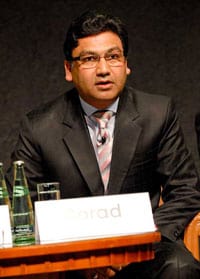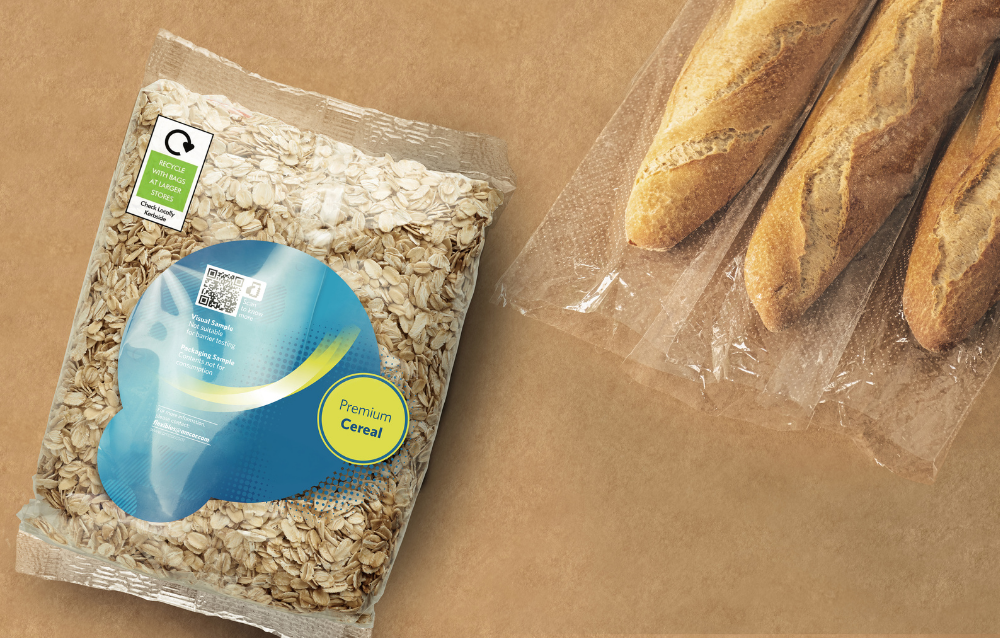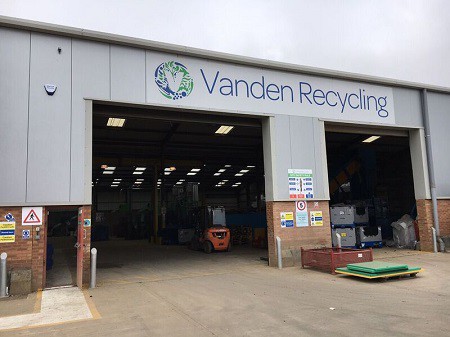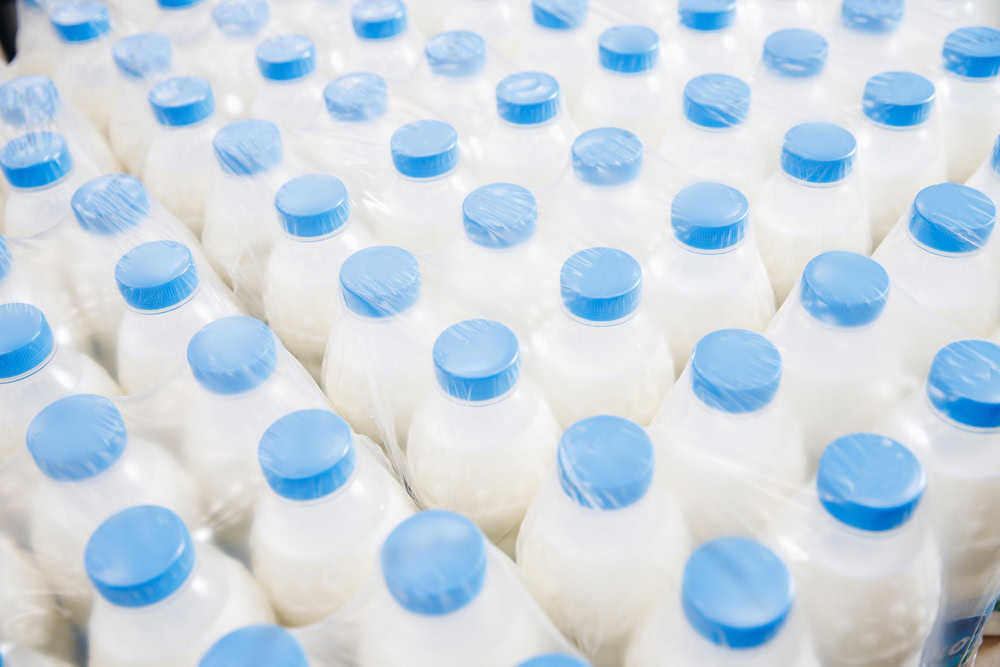Surendra Borad made the comments during his address at the BIR’s annual convention in Dubai last week (May 20), during which he presented his thoughts on the current state of the global plastics market.

Mr Borad acknowledged that there had been huge movements in the value of crude oil since the start of the year, with oil prices dipping from around $68 (£44) per barrel to around $47 (£30). This correlated with a drop in the price of LDPE film scrap from around €520 (£368) to €410 (£290) per tonne across Europe.
He added that when oil prices increased to $55 per barrel in late February the scrap price also crept up, but when oil then dropped to around $45, there was no corresponding drop in plastic scrap prices. “On the contrary, it increased to almost €560 (£396) per tonne, which is higher than the prevailing price before the oil price drop,” he noted in his report.
Factors
Mr Borad concluded that there are a number of external factors aside from oil prices that are also likely to influence the value of plastic scrap.
He said: “The market for plastic scrap is immature and volumes are relatively low compared to prime materials. Prices are also influenced by the policy and regulatory environment as well as by the quality of scrap. The influence of oil will be less in Europe as there is a large tax component between oil and raw material prices. The amount is sometimes fixed in Euro terms, linked to quantity and not to the value of the materials. Besides, some of the plastics may have been produced from natural gas.
“Business is still concentrated in few regions of the world, thus adding to the distortion of fundamentals. I should add that European plastic prices have gone up partly due to currency as well: the Euro has depreciated significantly during the last six months.
“Due to these various factors, I am convinced that there is no direct linear connection between oil prices and plastics scrap prices in Europe.”
Elsewhere Mr Borad’s report highlighted that there is likely to be a ‘substantial’ increase in capacity for plastics recycling across Europe by the end of the year, with a number of new production facilities to be installed across Europe. This includes work by British firm Jayplas to install capacity to process an additional 20,000 tonnes of LDPE.







Subscribe for free